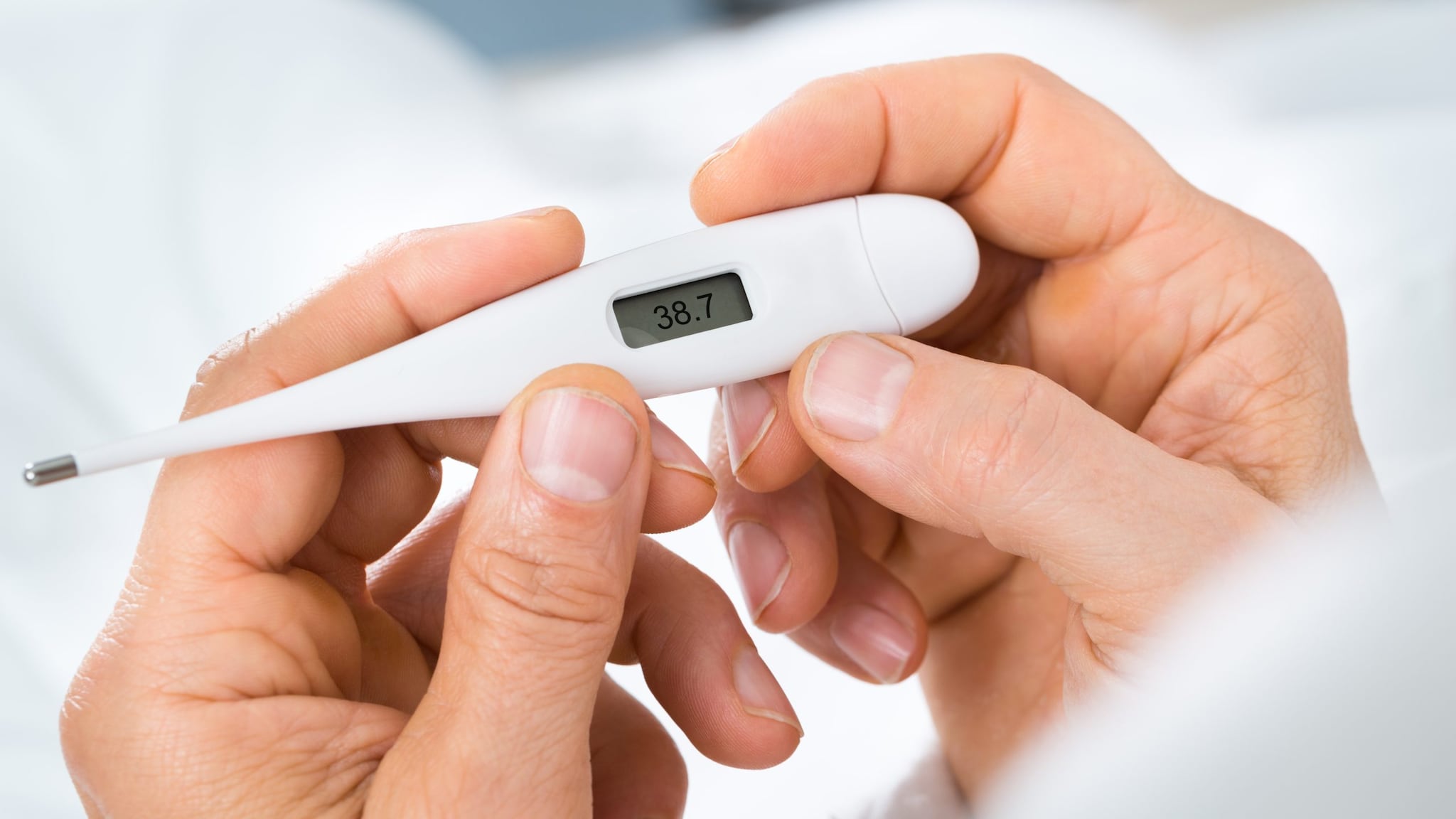Key points
- Eastern equine encephalitis virus can cause a febrile illness or neurologic disease, including meningitis or encephalitis.
- If you think you or a family member might have eastern equine encephalitis, talk with your healthcare provider.
- There is no specific treatment for eastern equine encephalitis.
- Rest, fluids, and pain medicines might relieve symptoms.

Symptoms
Most people infected with eastern equine encephalitis virus do not develop symptoms. For those who develop symptoms, the time from an infected mosquito bite to onset of illness (incubation period) ranges from 4 to 10 days.
Eastern equine encephalitis virus infection can result in febrile illness (fever) or neurologic disease. The type of illness will depend on the age of the person and other factors.
Febrile illness is characterized by fever, chills, body aches, and joint pain. The illness lasts 1 to 2 weeks, and most people recover completely when there is no central nervous system involvement.
Neurologic disease can include meningitis (inflammation of the membranes that surround the brain and spinal cord) or encephalitis (inflammation of the brain). Signs and symptoms of neurologic disease include fever, headache, vomiting, diarrhea, seizures, behavioral changes, drowsiness, and coma. In infants, neurologic disease often occurs soon after onset; in older children and adults, encephalitis might occur after several days of systemic illness.
- Approximately a third of all people who develop severe eastern equine encephalitis die. Death usually occurs 2 to 10 days after onset of symptoms but can occur much later.
- Many people who recover are left with long-term physical or mental problems. These can range from mild to severe intellectual disability, personality disorders, seizures, paralysis, and cranial nerve dysfunction.
- People with severe disease and ongoing disabilities often require long-term care and die within a few years.
Diagnosis
If you think you or a family member might have eastern equine encephalitis, talk with your healthcare provider.

Healthcare providers diagnose eastern equine encephalitis based on:
- Signs and symptoms
- History of living in or traveling to an area where EEE virus is known to circulate
- History of possible exposure to the mosquitoes that can carry eastern equine encephalitis virus
- Laboratory testing of blood or spinal fluid
Your healthcare provider can order tests to look for eastern equine encephalitis virus infection or other infections that can cause similar symptoms.
To learn more about testing, visit our Healthcare Providers page.
Treatment
- There are no specific medicines to treat eastern equine encephalitis. Antibiotics are not effective against viruses, such as eastern equine encephalitis virus.
- Rest, fluids, and over-the-counter pain medicines might relieve some symptoms.
- For severe disease, patients often need to be hospitalized to receive supportive treatment, such as intravenous fluids, pain medicine, and nursing care.
To learn more about treatment, visit our Healthcare Providers page.
